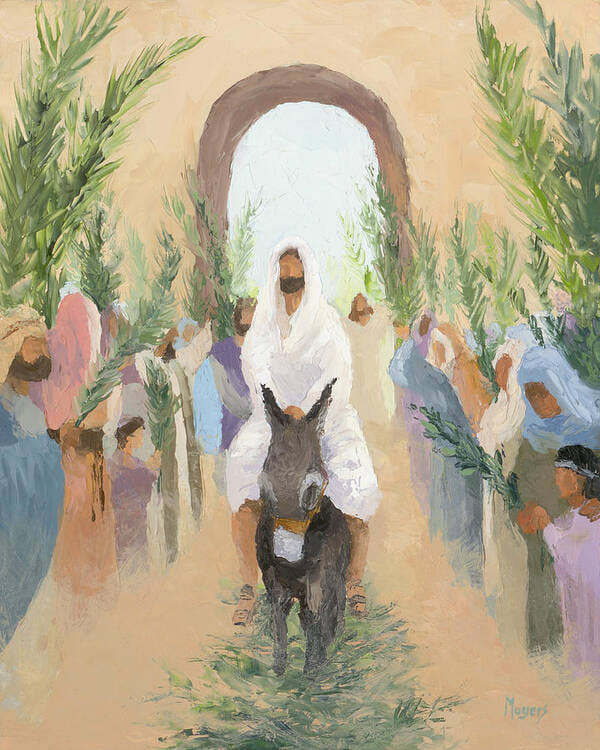God's Boundless Mercy
To all those preparing to enter the Catholic Church this Easter through the Order of Christian Initiation of Adults (OCIA), take heart in the profound message of renewal that this sacred season embodies. As you stand on the threshold of baptism, confirmation, and the Eucharist, remember the powerful words echoed throughout scripture and the teachings of our Church: what’s past is past. Like the woman at the well, whose past was known by Christ yet met with compassion and an invitation to a new life, you too are embraced by a God of boundless mercy. The Lord does not condemn you for the paths you have walked, the choices you have made. Instead, He offers a clean slate, a fresh start bathed in the light of His resurrection.
Pope Saint John Paul the Great, in his profound wisdom, often spoke of the
transformative power of God's forgiveness. He emphasized that while sin is a
reality that wounds both ourselves and the Body of Christ, God's love is always
greater, always ready to heal and restore. This Easter, whether you are
stepping into the Church through the waters of baptism or renewing your
commitment through the graces of confession, embrace this divine mercy fully.
Let go of the burdens of the past, the regrets that may linger. Just as Jesus
told the woman at the well, "Go, and sin no more," you are now called
to turn away from sin and embrace a life lived in the fullness of Christ.
This Easter season is an invitation for all of us, those entering the Church and those already within its embrace, to turn our hearts and minds definitively towards God. It is a time to actively reject the shadows of sin and to bask in the radiant light of Christ's victory over death. For the Catechumens, this marks the beginning of a beautiful journey, a new life rooted in faith, hope, and love. For all of us, it is a renewed call to conversion, a reminder that God's grace is always available to cleanse us and empower us to live as His disciples. Let us all enter into the joy of Easter, leaving behind what was, and embracing the glorious newness of life in Christ.




Comments
Post a Comment